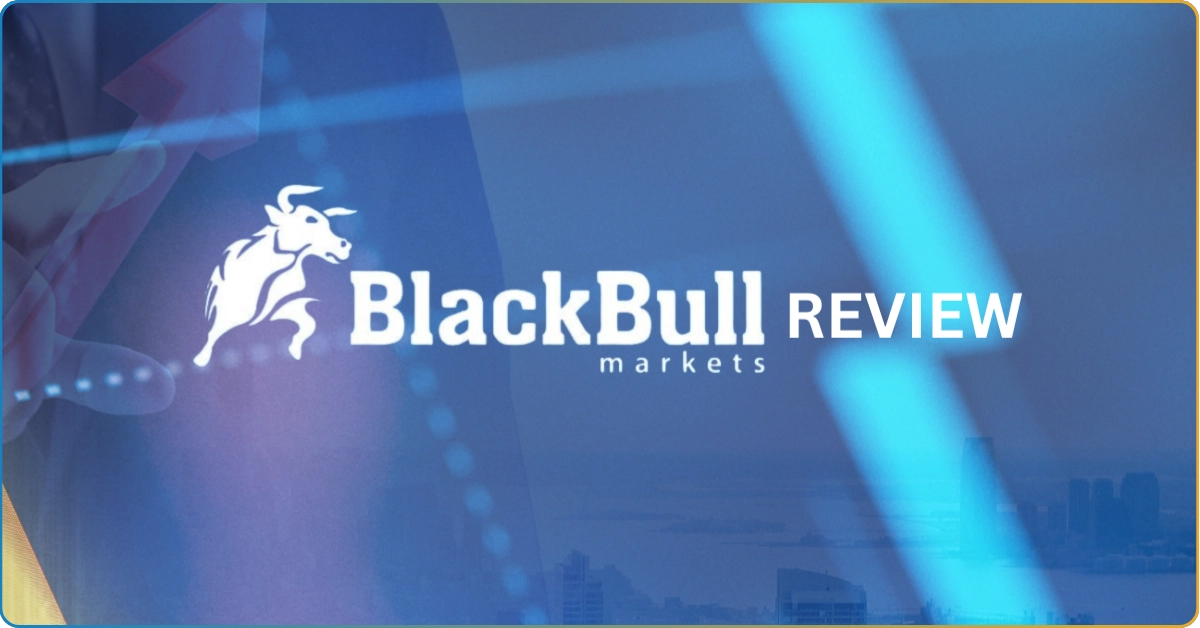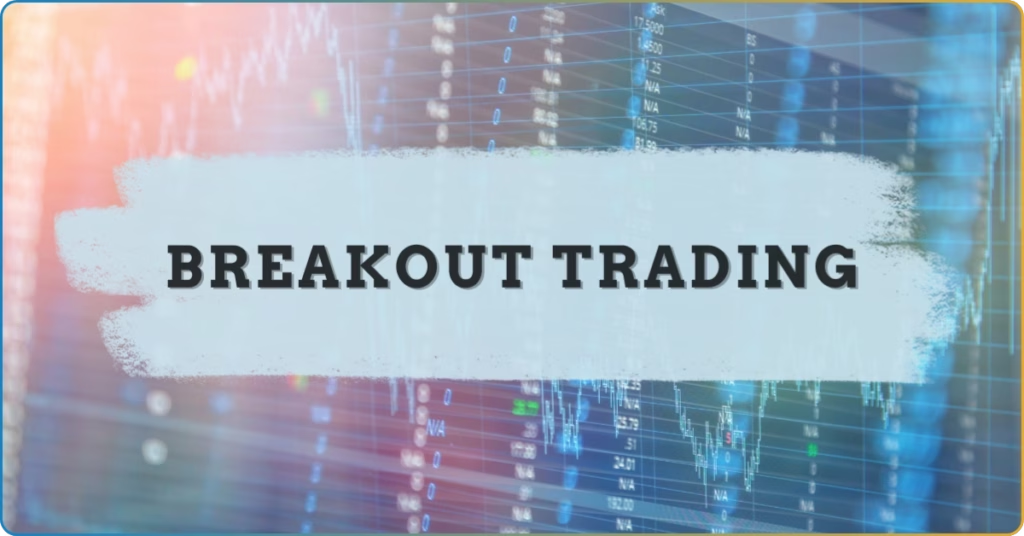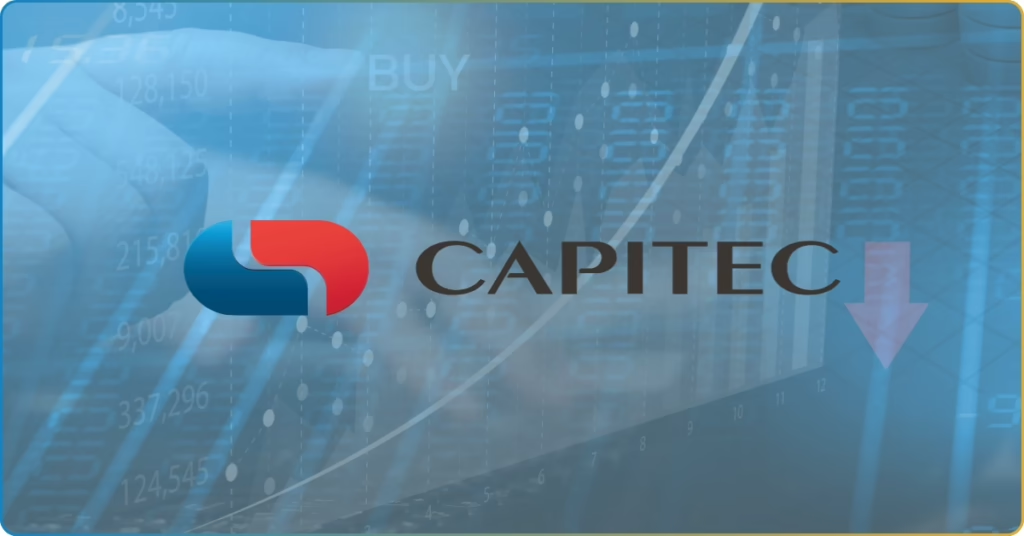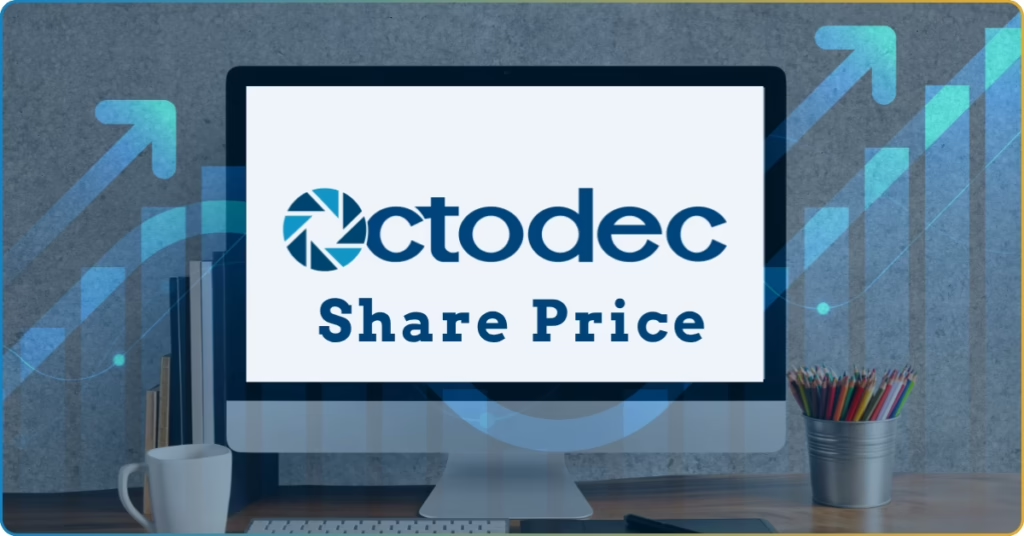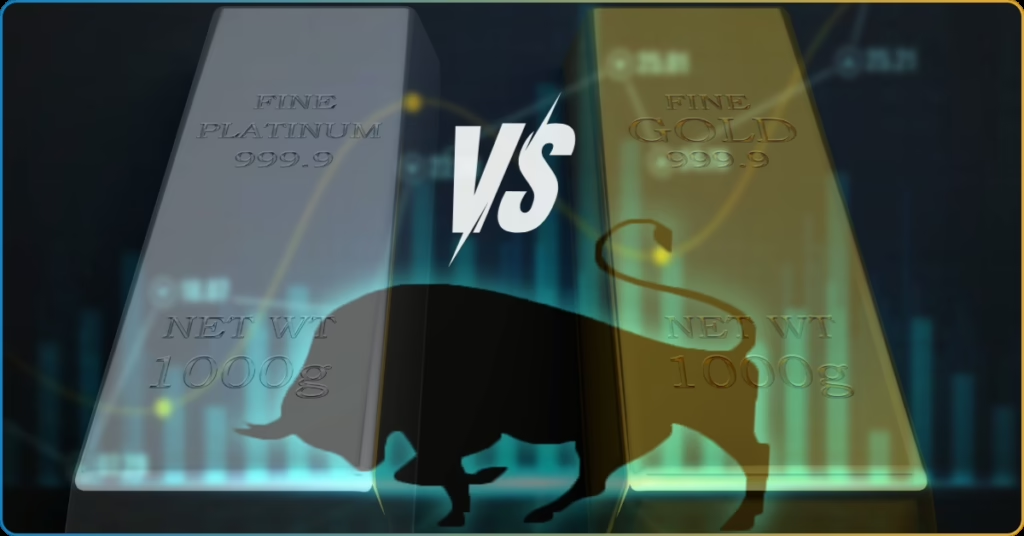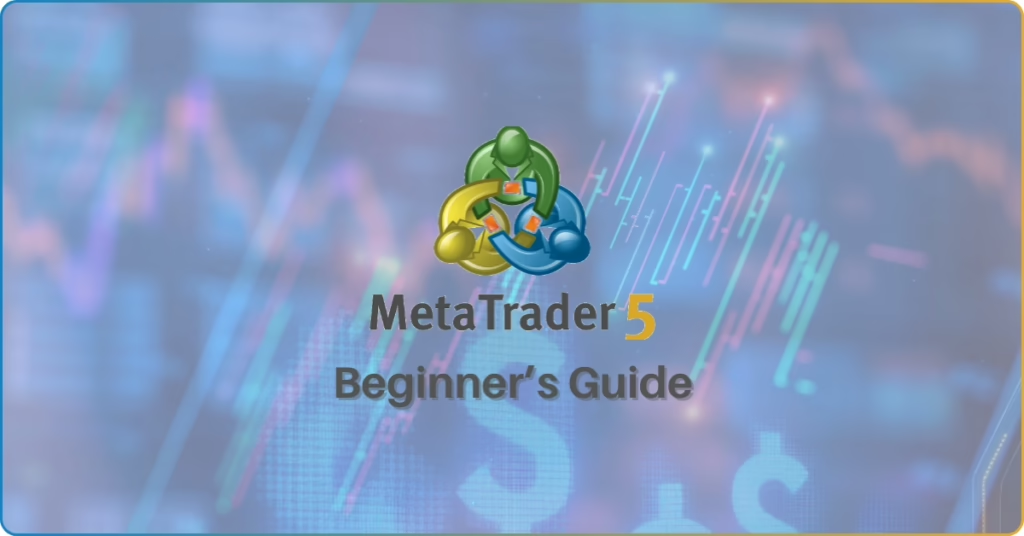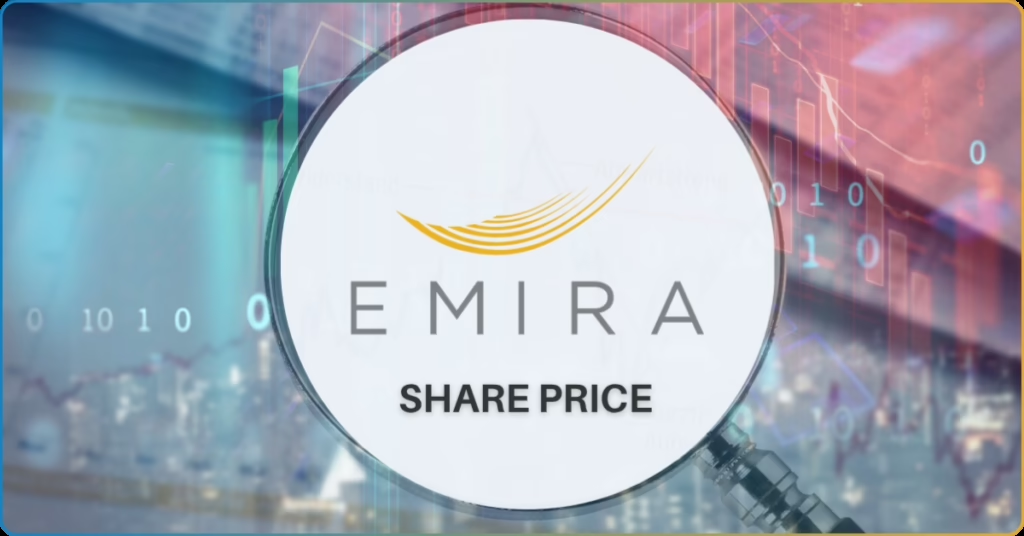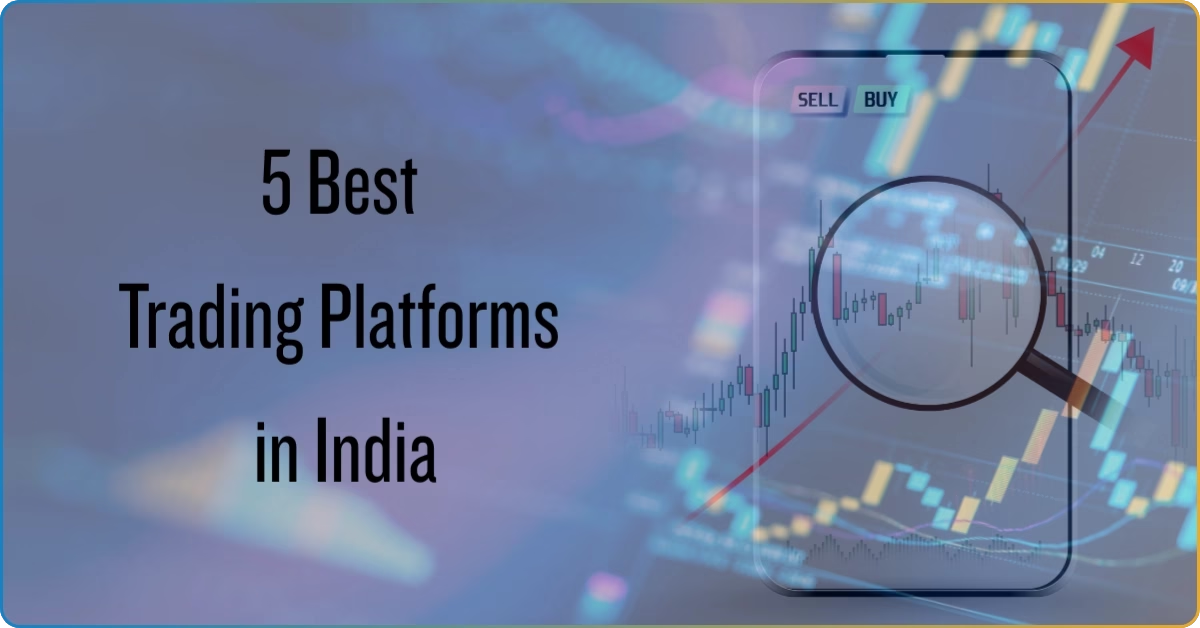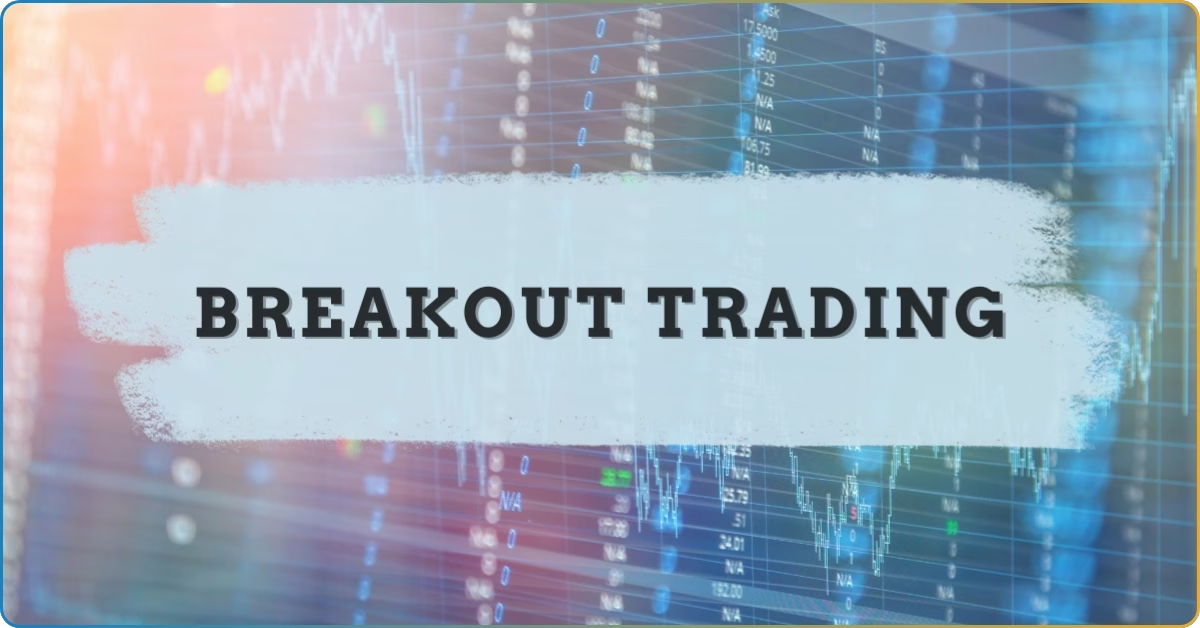BlackBull Markets has been circling the radar of many traders lately. Not because it’s flashy, but because it’s quietly consistent.
There’s something about how it handles leverage, spreads, and platform access that caught our team’s attention.
And no, this is not biased. Our experts delve into the intricacies, not just into the features, but into how it actually performs when real money is on the line.
This TRU Insight lays out what matters, from regulation to how its affiliate program works behind the scenes.
If you’ve been considering BlackBull, this might help you see what’s beneath the surface.
Blackbull Markets Company and Summary Overview
Blackbull Markets was founded in 2014 by Michael Walker and Selwyn Loekman. The company is headquartered in Auckland, New Zealand, with a growing global presence in over 180 countries.
It operates as a multi-regulated ECN broker, offering institutional-grade access to forex, CFDs, commodities, and more.
Here’s a full overview of Blackbull Markets’ features:
| Features | Details |
| Trading Instruments | 26,000+ assets including Forex, Commodities, Indices, Equities, Crypto |
| Trading Platforms | MT4, MT5, cTrader, TradingView, BlackBull CopyTrader |
| Account Types | ECN Standard, ECN Prime, ECN Institutional |
| Minimum Deposit | Standard: $0 Prime: $2000 Institutional: $20,000 |
| Leverage | Up to 1:500 |
| Spreads | Standard: From 0.8 pips Prime: 0.1 pips + $4/lot Institutional: $4/lot |
| Commission | Standard: None Prime: $6/lot Institutional: $4/lot |
| Demo Account | Available |
| Affiliate Program | Yes, via BlackBull Partners |
| Regulation | FMA (New Zealand), FSA (Seychelles) |
| Payment Options | Bank Transfer, Credit/Debit Card, Crypto, Skrill, Neteller, UnionPay |
| Client Support | 24/7 multilingual support |
| Trading Tools | VPS, Myfxbook, ZuluTrade, Autochartist, Calculators |
If you’re looking to go beyond just the platform specs, the real journey starts with a reputable trading community. Aside from these features, the mastery of financial education and awareness is best practiced in CommuniTrade.
Before you trade with execution, fine-tuning your trading strategies with tools, support, and education with CommuniTrade is a great foundation to start with.
Is BlackBull Markets Regulated?
Yes, BlackBull Markets is regulated under two entities:
- Black Bull Group Limited – Licensed by the Financial Markets Authority (FMA) in New Zealand and registered with the Financial Service Providers Register (FSPR).
- BBG Limited – Overseen by the Financial Services Authority (FSA) in Seychelles.
Client funds are held in segregated accounts with ANZ Bank. The company is also a member of Financial Services Complaints Limited (FSCL), which is an independent dispute resolution scheme in New Zealand.
However, the Financial Markets Authority (FMA) has issued a public warning regarding several fraudulent websites impersonating BlackBull Markets.
These sites misuse the company’s registration details and are not affiliated with the legitimate entity. Investors are advised to verify they are dealing with the official website, www.blackbull.com, and to consult the FMA’s alert.
BlackBull Markets Full Review of Features
Here comes the truth about the features it caters to. Based on verified testing and platform analysis, this unbiased review unveils how Blackbull Markets performs:
Platform Experience and Accessibility (4/5)
BlackBull’s platform lineup gives traders a decent range to work with. MT4 and MT5 are familiar to most, while cTrader and TradingView offer more flexibility for those who prefer advanced charting or custom setups.
Based on hands-on testing, the platform stays responsive during busy market hours. The execution is quick, and switching between accounts doesn’t cause any major hiccups.
However, a few users mentioned minor syncing issues on mobile, but nothing that interrupted trades. The interface is clean and easy to follow, though it doesn’t offer much in terms of layout customization.
Read more: How to Install MT5 + 3 MT5 Brokers in South Africa in 2025
Market Coverage and Instruments (4.5/5)
BlackBull offers access to over 26,000 instruments. That includes forex, indices, commodities, equities, and crypto CFDs. The diversity is impressive, especially for traders who want exposure across sectors.
Forex pairs are well-supported, from majors to exotics. Commodities include both hard assets like gold and oil, and soft ones like coffee and cotton. Indices span global markets, from the S&P 500 to the JSE All Share.
But keep in mind, these are all CFDs. You’re speculating on price movements, not owning the asset.
Leverage and Risk Management (3/5)
BlackBull offers leverage up to 1:500, which is considered high by most standards. While this can be useful for experienced traders aiming for larger positions, it also increases the risk of significant losses.
Some assets, like crypto, have tiered leverage to help manage exposure, but for most instruments, the full amount is available without much restriction.
Traders who aren’t familiar with how leverage works should approach it carefully.
Withdrawals and Transparency (3/5)
Withdrawals are usually processed within one business day. There’s a flat $5 fee, and some methods have limits depending on how you funded your account.
Several users have reported delays, especially when trying to withdraw profits. In some cases, accounts needed to be re-verified, which added more waiting time.
While BlackBull does process withdrawals, the experience isn’t always smooth. Currency conversion fees may also apply if your bank uses a different currency than your trading account.
Affiliate Program and Earnings Potential (3.5/5)
BlackBull’s affiliate program offers flexible commission models. This includes CPA, IB, and influencer options.
When it comes to Payouts, it can go up to $1,000 per client, but it depends on performance.
The dashboard includes tracking tools and support. However, some affiliates mentioned issues with conversion accuracy, and others felt that the reporting lacked transparency.
Overall, it’s still a workable program, especially for those with traffic, but it could benefit from more clarity.
Censorship and Transparency Concerns (2.5/5)
There’s very little negative press about BlackBull online, which seems unusual given the nature of the industry.
Investigations suggest that BlackBull may have takedown notices to suppress critical content. Threads discussing withdrawal issues and regulatory concerns have disappeared from public forums.
Consequently, this raises questions about transparency and reputation management.
What are the Pros and Cons of BlackBull Markets?
Weighing the strengths and risks is essential to know which features you can work with, and which ones might be deal-breakers.
Here’s a full guide to help you assess BlackBull Markets more clearly:
| Pros | Cons |
| Regulated by FMA and FSA | No Tier 1 licenses |
| Supports multiple trading platforms | High leverage risk (up to 1:500) |
| Zero minimum deposit (Standard account) | Withdrawal delays and verification issues |
| Competitive spreads on premium accounts | Demo limited to 30 days |
| Crypto-friendly funding options | Forum censorship concerns |
| VPS and third-party tool access | CFDs only |
| Flexible affiliate program | Tracking dashboard lacks transparency |
Read more: CFD Trading in SA: What Is It + 3 Brokers to Choose
Frequently Asked Questions (FAQ)
What countries are restricted from using BlackBull Markets?
BlackBull restricts clients from several countries, including the U.S., Canada, North Korea, Iran, Syria, and others deemed high-risk by its compliance team.
Is there a fee to join the BlackBull affiliate program?
No, joining the BlackBull Partners affiliate program is free. You can sign up without needing a website and start promoting through various channels.
How often can affiliates withdraw their commissions?
Affiliate commissions are processed on the 15th business day of each month. The minimum withdrawal amount is USD 500.
Final Verdict: Is BlackBull Markets Worth It in 2025?
BlackBull Markets has its strengths. The platform is fast, the spreads are competitive, and the range of instruments is wide enough to suit most trading styles. It’s a good fit for experienced traders who know how to manage risk and want access to deeper market coverage.
However, it’s not for everyone. The high leverage, lack of Tier 1 regulation, and transparency concerns may be too much for cautious or newer traders. Beginners might find the demo limiting, while long-term investors may prefer brokers with more asset ownership options.
If you’re still unsure, it helps to be part of a space that filters out the noise. CommuniTrade offers that kind of environment. It’s where verified traders share real experiences, flag legitimate opportunities, and help you stay sharp with educational tools.

